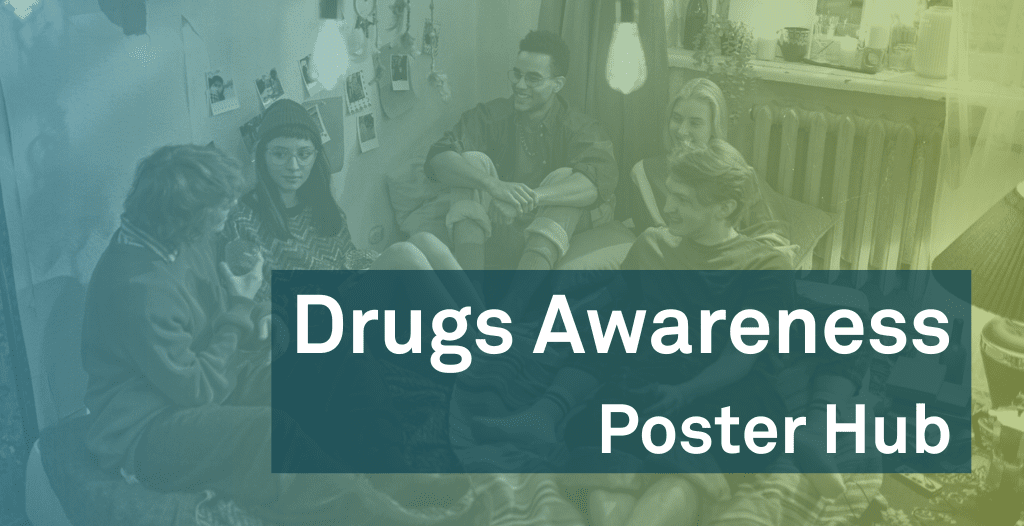Substance misuse is an issue which cuts across our organisation and we have worked with frontline staff at Surrey Young People’s Substance Misuse to produce downloadable resources that anyone working with young people, or who would like to know more about emerging trends, can download, print off and share.
Nitrous oxide is a colourless gas that people inhale, usually via a balloon. You may have seen these canisters lying around on the street, in fields or areas where young people gather. Nitrous oxide is a depressant drug: it slows down your brain and your body’s responses
Nitrous oxide may commonly be called: ‘Balloons’, ‘Noz’, ‘Nos’, ‘Laughing Gas’, or ‘Hippie Crack’
What are the effects?
The effects of nitrous oxide vary on how much you inhale. It can cause feelings of euphoria, relaxation, and calmness, fits of giggles and laughter (hence the term laughing gas), or sound distortions and hallucinations. It can also give you a severe headache, dizziness, and nausea, stop you thinking straight, and cause short-lived but intense feelings of paranoia
Heavy, regular use can lead to a deficiency of vitamin B12 which can cause nerve damage and some types of anaemia.
The law
Nitrous oxide is a psychoactive drug covered by the 2016 Psychoactive Substances Act – this means it’s illegal to give it away or sell it for the purpose of inhaling it. If you are caught driving whilst under the influence you may receive a heavy fine, driving ban or prison sentence.
Harm reduction
- It can be extremely dangerous to inhale nitrous oxide directly from the canister – the high pressure can cause your throat to close.
- Avoid taking nitrous oxide in an enclosed space and don’t take too big a breath – if you have too much you can end up fainting, falling unconscious or suffocating from a lack of oxygen. People have died this way.
- Avoid using nitrous oxide in potentially dangerous places where falls could cause injury.
- Don’t take nitrous oxide with other drugs – mixing nitrous oxide with alcohol is particularly dangerous as it increases risks associated with both substances
- Be with people who you trust when taking nitrous oxide.
If you have used nitrous oxide and you’re feeling unwell or notice someone else is unwell whilst using, after using or after stopping using nitrous oxide, then seek medical attention urgently. Contact 111 for urgent medical advice or 999 in an emergency.
